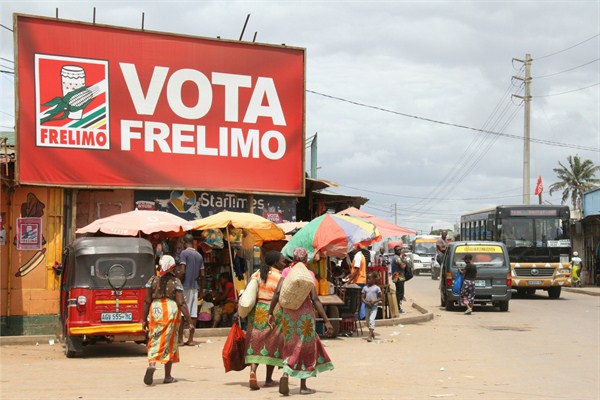The stakes were high when Mozambique voted in general elections on Oct. 15, its sixth poll since 1994, when the country’s first multiparty elections began what has been a shaky transition from 16 years of civil war. But rather than ease tensions, this month’s vote has inflamed new ones amid charges of voter fraud and electoral violence.
When fighting between the government and Renamo, the former rebel group and now main opposition party, flared up in 2013, there were fears of a slide back into open warfare. Although a cease-fire allowed general elections to go forward in 2014, this month’s elections were the first since Renamo’s new leader, Ossufo Momade, and President Filipe Nyusi signed a definitive peace agreement on Aug. 6.
As part of that agreement, voters would directly elect provincial governors for the first time in Mozambique’s history. It was a hard-won provision for Renamo, which had surged at the polls in 2014, winning more than a third of the vote. That performance had raised expectations this year for the party’s ability to capture governorships in provinces where it has historically been strong, which also happen to be rich in natural resources, including timber and gemstones. But instead, Frelimo won a landslide victory in all 10 provincial contests as well as the presidency, with the incumbent, Nyusi, winning 73 percent of the vote over Momade’s 21 percent. Frelimo also won 184 of 250 seats in the National Assembly, giving the ruling party a nearly three-quarters majority. Renamo holds 60 seats.

